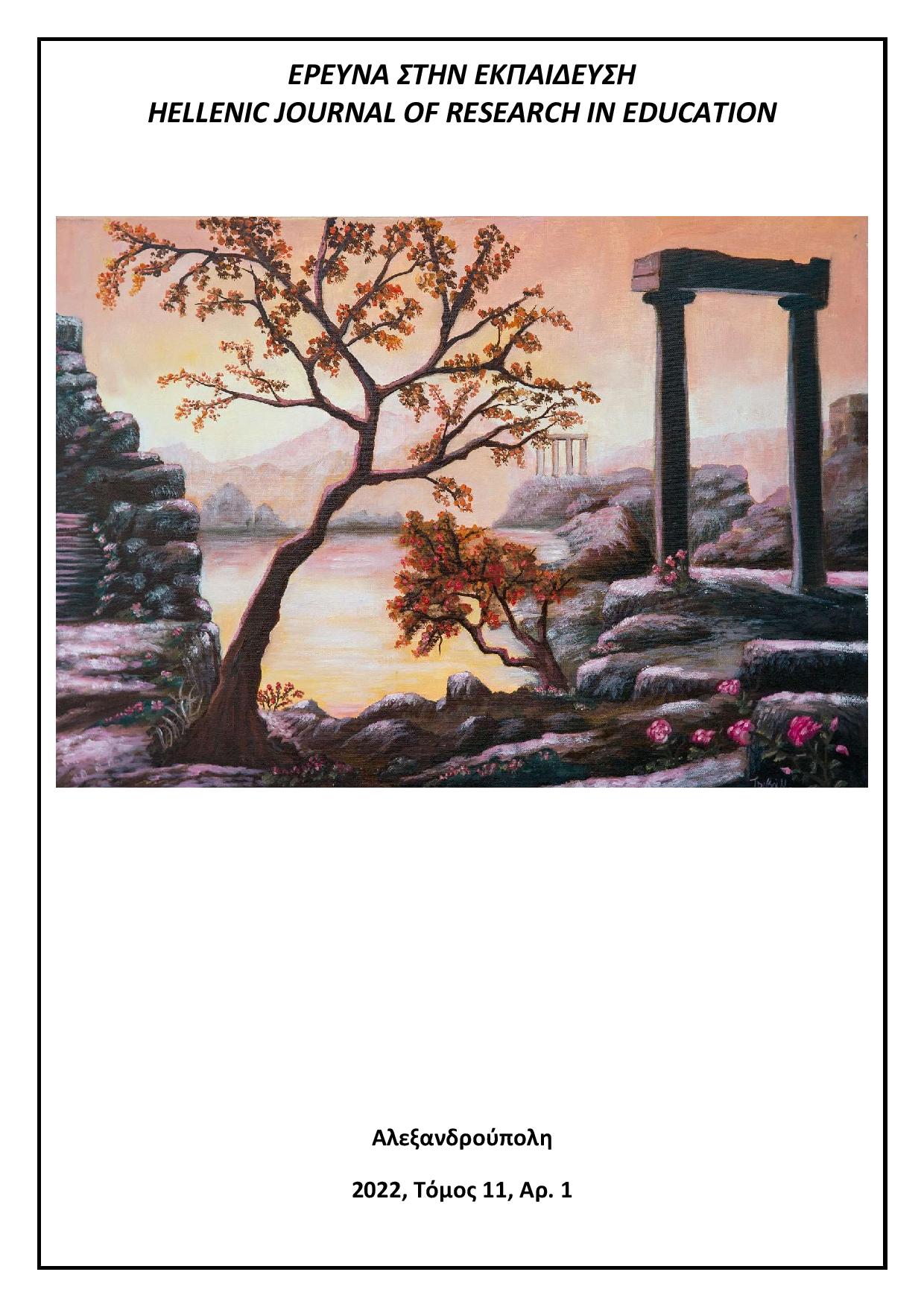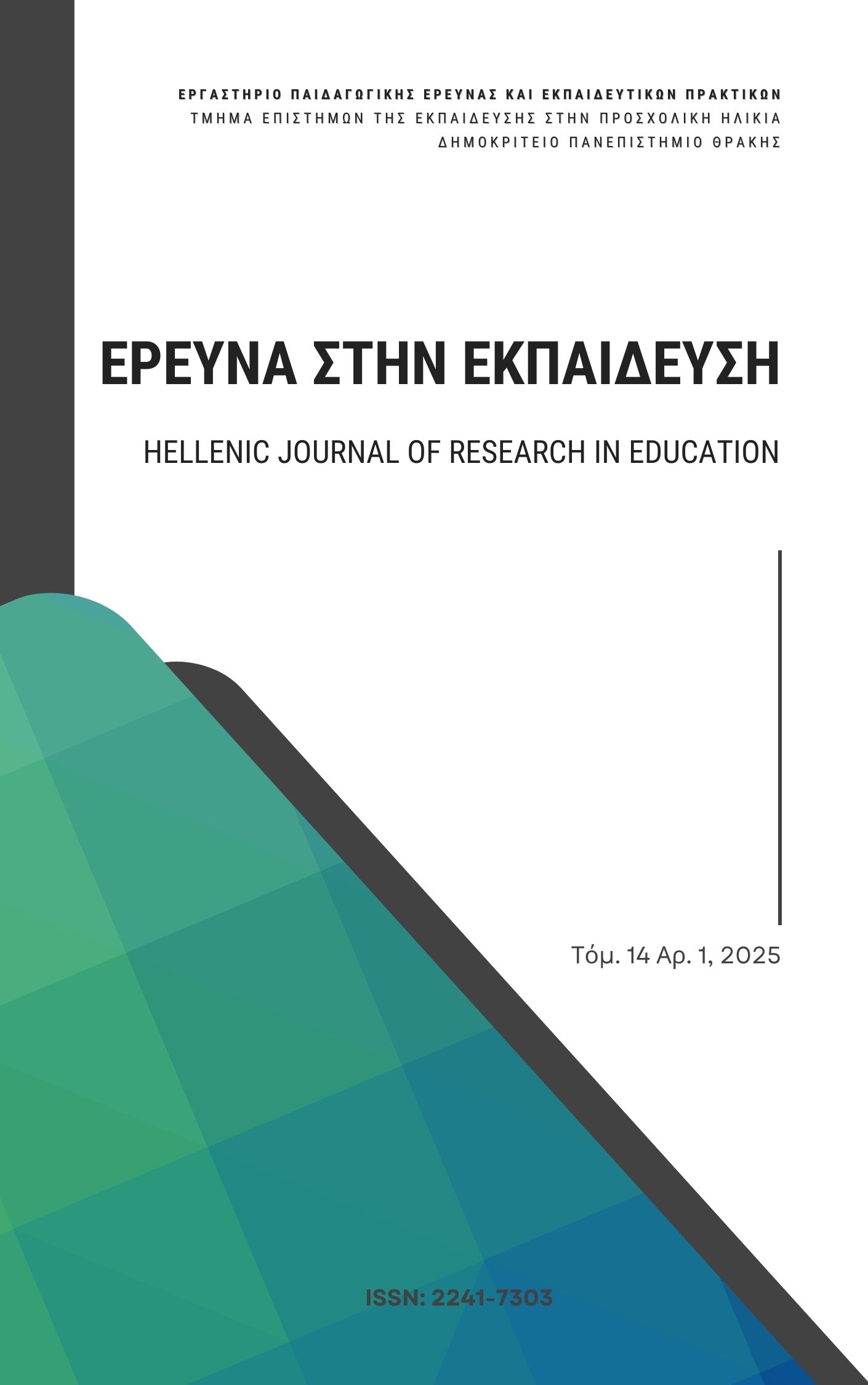Reflexivity and Work Orientations: Findings from an Intervention Study with Career Counselors

Abstract
In recent years, the concepts of reflexivity, personal meaning and purpose are increasingly addressed in the theoretical and methodological approaches of career counseling and career guidance, mainly through the narrative paradigm. At the same time, acknowledging that work serves different purposes in an individual's life by influencing his/her meaning of life, work orientations may constitute a functional framework for exploring and discussing the different aspects of work. Thus, the present study attempts to present the results of an intervention, implemented in the context of training career counselors on narrative and reflective techniques, with the aim of inquiring the relationship between reflexivity and work orientations of the participants. The career counselors involved (N= 77) completed the Life Project Reflexivity Scale and the Work Orientation Questionnaire before and after the intervention. The results show that the intervention improved career counsellors’ reflexivity and in particular their authenticity and clarity of their future life and career goals. In addition, it was found that authenticity positively correlates with the work orientations of "social embeddedness" and "career", while clarity with "job". Therefore, improving reflexivity can support the individual in making his/her work (existing or future) meaningful in a sustainable dimension, by acknowledging personal meaning and purpose, as well as personal and authentic values, isolating the potential pressure imposed by Others’ expectations and acquiescence in terms of values and norms of the wider society.
Article Details
- How to Cite
-
Arguropoulou, K., & Μουράτογλου Ν. (2022). Reflexivity and Work Orientations:: Findings from an Intervention Study with Career Counselors. Hellenic Journal of Research in Education, 11(1), 130–143. https://doi.org/10.12681/hjre.29768
- Issue
- Vol. 11 No. 1 (2022)
- Section
- Articles

This work is licensed under a Creative Commons Attribution-NonCommercial-ShareAlike 4.0 International License.
Authors who publish with this journal agree to the following terms:
- Authors retain copyright and grant the journal right of first publication with the work simultaneously licensed under a CC-BY-NC-SA that allows others to share the work with an acknowledgement of the work's authorship and initial publication in this journal.
- Authors are able to enter into separate, additional contractual arrangements for the non-exclusive distribution of the journal's published version of the work (e.g. post it to an institutional repository or publish it in a book), with an acknowledgement of its initial publication in this journal.
- Authors are permitted and encouraged to post their work online (preferably in institutional repositories or on their website) prior to and during the submission process, as it can lead to productive exchanges, as well as earlier and greater citation of published work (See The Effect of Open Access).



